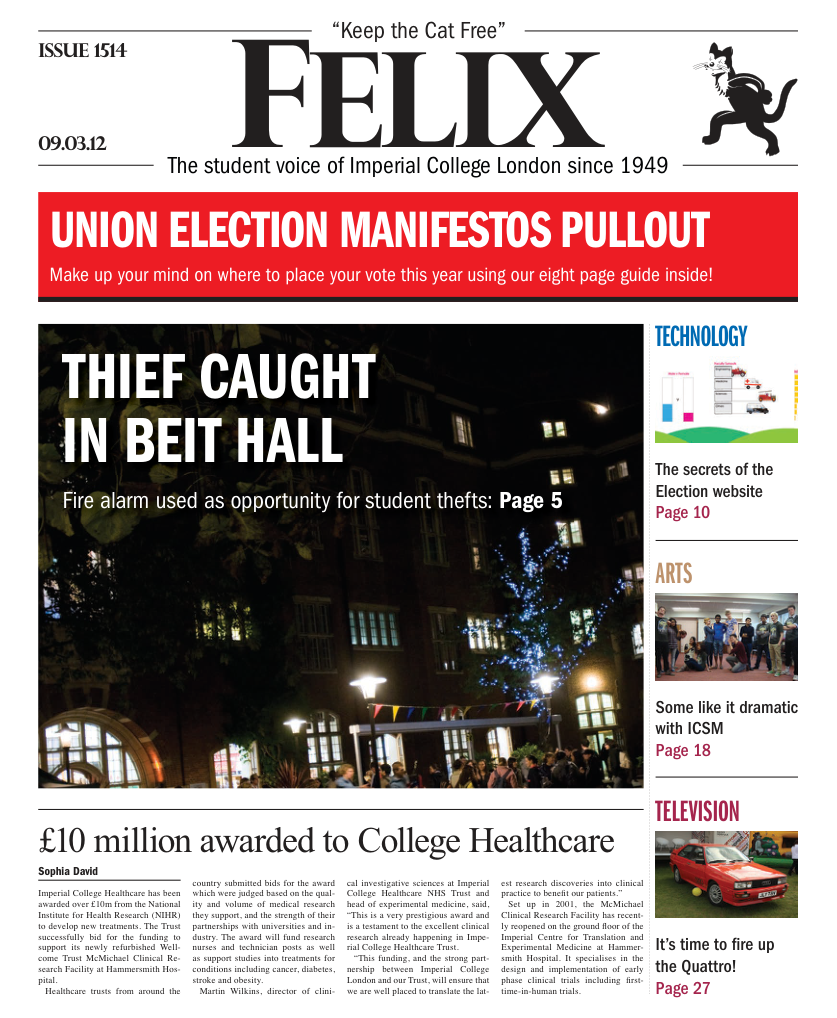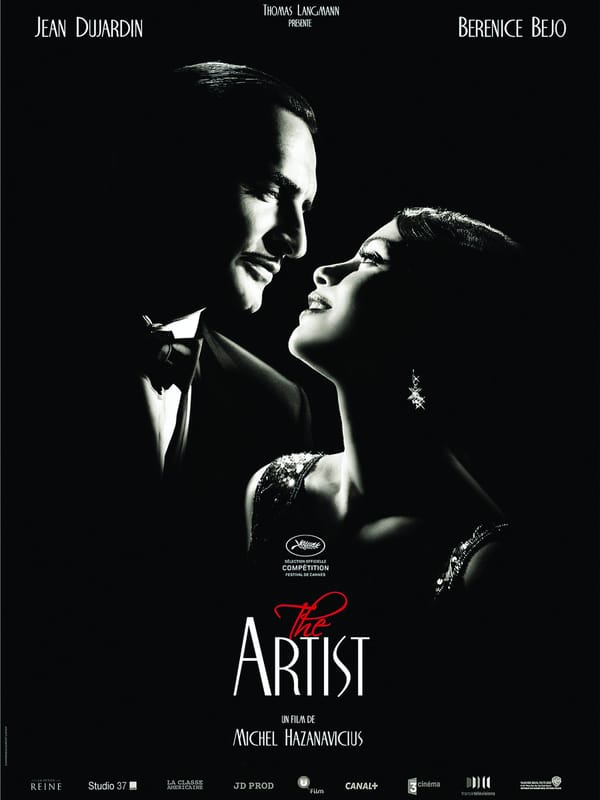Total mayhem and carnage... just your average night at Metric
Lucy Wiles reviews Project X
Director Nima Nourizadeh Screenwriters Matt Drake, Michael Bacall Cast Thomas Mann, Oliver Cooper, Jonathan Daniel Brown
A distinctly unfunny teen-exploitation comedy about an epic all-night party that quickly collapses into anarchy, _Project X _also is a clever kind of clean page; viewers can project whatever feelings they have about the degenerative behaviour on display, since the film itself offers very few opinions. In that way, producers manage to provide a cultural, generational and even political theme to debate, one that will captivate a portion of the teenage demographic it shows, just as it alternately angers, infuriates and disgusts other, probably older, audiences.
From watching the film, several questions are raised. Firstly: have teenagers always been this moronic, or does Project X set new boundaries? Secondly: did earlier generations approach having a good time with such serious planning and forethought? And thirdly: does this film set the standard for the nausea-inducing use of the unsteady cam – possibly the MOST ANNOYING filming type ever.
The premise, admittedly, is hugely unoriginal. Like all the other many films of this type, the motivating factor in the screenplay by first-timer Matt Drake and Michael Bacall (Scott Pilgrim vs. the World, the soon to be released 21 Jump Street) is the urgent and uncontrollable need for teenage boys, specifically of the geekish persuasion, to get laid. In this tale, this is exactly what lanky nice guy Thomas (Thomas Mann) would like for his 18th birthday, so plans are hatched for an epic, lady-filled blowout the night his parents leave town for the weekend…you can see the problems arising already.
Have teenagers always been this moronic?
Unfortunately, taking control of things is Thomas’ pal Costa (Oliver Cooper), a rude, crude, grubby little creep who ignores rules – notably those laid down by Thomas to do with limiting the party to two or three dozen guests and not allowing them in the house. Costa keeps reassuring Thomas that everything will be fine, and not to worry about it, while making sure drugs will be widely available courtesy of a horrifically unsavory dealer. In another movie, you could imagine Costa could have been a funny, over-the-top character, always goading his pal into ever-more-risky territory; here, as adamantly enacted by Cooper, he’s just loathsome, venal and without humor, and that he pointedly identifies himself as Jewish won’t endear him to guardians of the religion’s reputation.
The format is predictable, but what Project X does manage to do is remove all the usual elements of cuteness from the equation; being a nerdy teenager has always involved a certain amount of awkwardness, angst and anxiety, but there usually is some fun attached, and the usual teen films tap into that nearly universal insecurity and apprehension connected to the rites of passage. Here, there is none of that – the desperation level is too high; it’s all about getting booze, getting drugs, getting sex, and all immediately. Or, as Costa says, “Tonight’s about changing the game.”
Project X was supposedly inspired by a similar event in Australia a few years back when, thanks to a moronic Facebook post, hundreds of people turned up for a house party, resulting in uncontrollable mayhem and madness…and a bill for the parents of thousands of aussie dollars. In Project X, after a slow and slightly tedious start, it seems like everyone in North Pasadena between the ages of about 16-18, plus a few older party-goers and a bunch of younger hopefuls, has gathered at Thomas’ house for a party of awesome proportions. The DJs pound classics into the calm neighbourhood, the alcohol flows all too freely, slutty girls strip off and jump in the pool, an unsuspecting dog is sent airborne via multiple balloons, a piñata spills Ecstasy tablets, all morals and inhibitions fade, Thomas’ parents Mercedes ends up underwater, and the drug dealer turns up with a flame thrower. They meant it when they said awesome proportions.
Amazingly (and somewhat unrealistically), the cops only visit once and leave after they are turned away by some legal chitchat from Costa, who aspires to be lawyer. Eventually, however, the party becomes major media news even as it continues, which is all it takes to justify its existence in this day and age.
The ending concludes with the boys definitely feeling the life-changing consequences that must be paid for their delinquency. However, the filmmakers still imply that, even if they do nothing further of any use in their whole lives, they’ll always have this one massive event; here lies the problem of the film’s lack of point-of-view, leaving it to the viewer to decide if the party was a good/bad/absolutely horrific thing.
Aesthetically, the film just does your head in, unless you can cope with the nausea that comes with ‘home-cinema’ effect filming. Under the pretext that a raver is filming the party, first-time director Nima Nourizadeh and cinematographer Ken Seng swing the camera around repeatedly and unfortunately induce a strong feeling of seasickness. The images tend to be dark and random, the music incessant; this is certainly not the film to see when hungover, or with a headache. From a production point of view, the set is such carnage that you must imagine the vast amount of clearing up for retakes would be horrendous. And where on earth was the movie shot so as not to bother the neighbours?!









